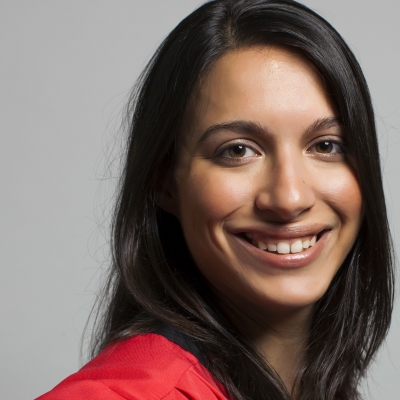
May 30, 2018 08:00 AM
Featured Stories
How Tubi is positioning its ad products for buyers leaving traditional TV
Tubi pitches a slate of new ad formats during its NewFronts presentation, plus an app experience to imitate social and an Amazon partnership.




